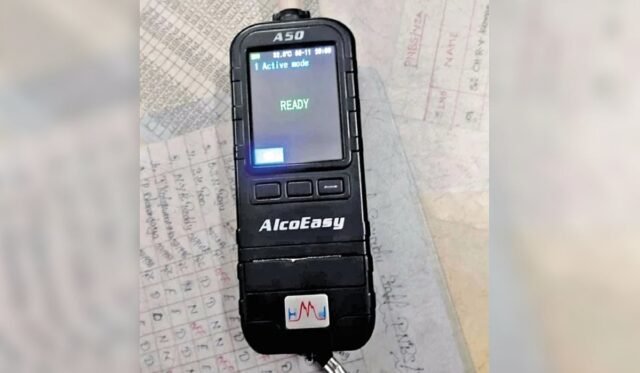The upgrade, he noted, is vital for a corporation that transports nearly 40 lakh passengers daily, covering around 40 lakh kilometres across the State.
Alcohol screening is mandatory for every driver and staff member before duty, as even residual traces from the previous day can impair judgment, something the new devices can detect with far greater precision.
The initiative comes amid concerning accident statistics. In 2024, 162 RTC-related accidents claimed 89 lives and left 330 injured. In 2025 so far, 148 accidents have resulted in 74 deaths and 375 injuries. APSRTC’s current fleet stands at nearly 14,000 buses, including hire services.
“Passenger safety remains our top priority. Replacing analogue analysers with digital ones reflects our zero-tolerance approach to risk,” Rao emphasised.
The corporation also plans to integrate the depot-level data with APSRTC’s central command system to identify trends and flag repeat offenders—marking a key move toward a safer, smarter, and more accountable public transport ecosystem in AP.







